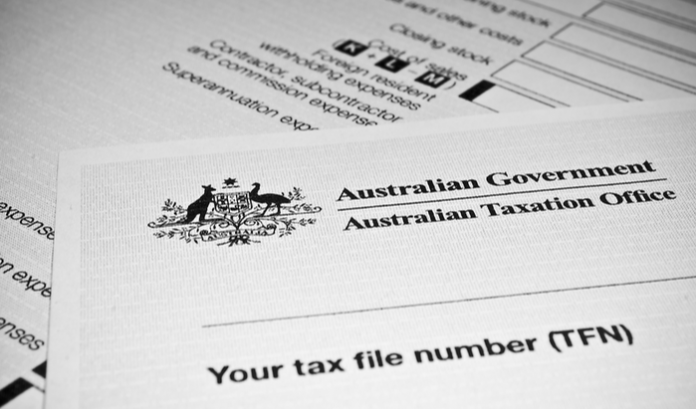The Treasury of New South Wales (NSW) has confirmed a 5% increase in the Point of Consumption Tax (POCT) related to wagering services, bringing the tax rate up to 15%.
Implemented from July, NSW will require all licensed sportsbooks to pay a POCT rate of 15% applied to all sports betting wagers, whether made online or in a retail location.
The POCT wagering tax was first established by NSW in 2018 at a rate of 10%, sanctioned by the state’s Liquor and Gaming Board to ensure that foreign-owned remote bookmakers applied for local NSW wagering licences and paid taxes.
2018 changes saw 10 bookmakers secure NSW licenses, including market leader Tabcorp Holdings which operates its TAB sportsbook brand, as the only bookmaker that holds approved licences in all of Australia’s six states.
The 5% raise will see all Australian states become neutral on POCT tax charges as NSW follows Victoria, Tasmania, Western Australia, South Australia and the Capital State in applying a 15% POCT tax charge on wagering services.
Tabcorp had long called for a tax increase for online bookmakers, seeking a level playing field for all operators across Australia. It had lobbied for a tax increase in Queensland and Victoria.
The tax increase will be seen as a big win for the corporation’s new CEO Adam Rytenskild, who took over the reins at Tabcorp last month, following the demerger with The Lottery Corporation.
“Today is a positive step forward in levelling the playing field in NSW,” explained Rytenskild.
“Online bookies will pay a greater share of wagering tax which can be invested back into the local racing industry and ensures a fairer system.’’
“We welcome the NSW Government’s announcement. Online betting has changed substantially since the TAB’s licences were issued and this is an opportunity to better align with the modern economy.”




























